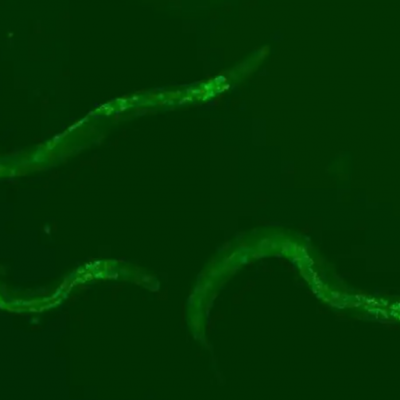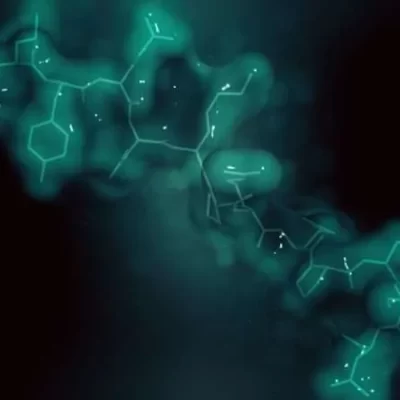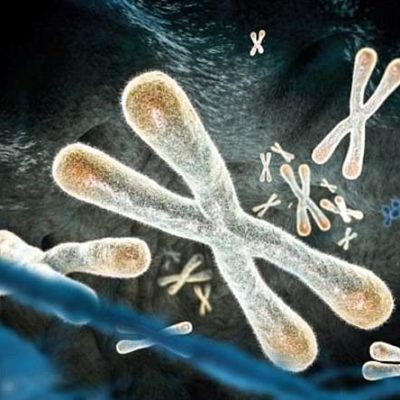The common food additive E211, also known as sodium benzoate, has been found to alter gene activity and DNA in small amounts, according to researchers at the University of Chicago. The study found that E211, which is used as a preservative in food and cosmetics, can change the epigenome, the chemical modifications to DNA and chromosomes that can either activate or block gene transcription. The researchers discovered a new histone marker, Lysine-Benzoylation, which is formed from a ring-shaped hydrocarbon compound, and found that E211 was responsible for the epigenetic changes. The study also found that E211 affected thousands of genes, particularly those involved in metabolism, including the sugar and insulin pathways.
The findings are significant because E211 is one of the most commonly used preservatives in the world, and is considered safe for consumption at concentrations of up to 0.1% in food. The study raises questions about the safety of E211 and the need for further research into its effects on human health. The researchers suggest that the epigenetic changes caused by E211 could have physiological effects, and that the additive may be harmful to consumers.
The study highlights the importance of understanding the effects of food additives on human health, and the need for greater regulation and oversight of the food industry. The findings also underscore the need for consumers to be aware of the ingredients in the foods they eat and the potential risks associated with consuming processed foods. The study’s authors suggest that further research is needed to determine the extent of the effects of E211 on human health, and to develop safer alternatives to the additive.










